Will There Only Be 144,000 People in Heaven?
At our church, we recently began a new series of messages on heaven. After the service, I received a wonderful question from one of our members, Allison Mathews. Allison said that she had heard that only 144,000 people would be in heaven, and wondered if that was true. Some groups, especially among the Jehovah Witnesses, have espoused that only a select group of individuals (that is, 144,000) throughout all of history will be in heaven. Ironically, more than 144,000 Jehovah Witnesses attend Watchtower Bible studies worldwide, so someone is in trouble. While that is said tongue-in-cheek, the number of 144,000 has brought great interest to individuals wondering whom John is referencing, and how many people will be in heaven. This article will identify the 144,000 and discuss the number of people that one can expect to find in heaven as given in the book of Revelation.
Who are the 144,000?
The concept of the 144,000 comes from Revelation 7. John mentions the 144,000 after describing the Lamb of God (i.e., Jesus) opening up a scroll of which no one else is found worthy (Rev. 5:8-14). When the Lamb opens the seven seals of the scroll, a series of judgments come from the unsealing of the scroll, including the infamous Four Horsemen of the Apocalypse (Rev. 6:1-8), a group of martyred souls awaiting their vengeance (Rev. 6:9-11), and a massive earthquake (Rev. 12:9-17).
After all these events have completed, four angels standing at the four corners of the earth (symbolically speaking), and the angels hold back the judgments until 144,000 are sealed on the earth. The 144,000 are identified in verse four as those “sealed from every tribe of the Israelites.”[1] There are two primary options for identifying this group.
Metaphorical: The number 12 is symbolic of God’s government (e.g., 12 tribes of Israel and 12 disciples). 12,000 x 12= 144,000. In this case, some hold that 144,000 symbolically represents the entire church, but would not hold a precise numerical value as to the number of individuals in heaven.
Literal: In this view, the 144,000 are redeemed Israelites who are saved during the time of global tribulation after the church has been resurrected. This view is the most plausible and relates best to the text at hand. Therefore, the 144,000 are Jewish individuals who are saved during the time of tribulation and not the number of all heavenly citizens.
How Many People Will Be in Heaven?
If the 144,000 is not a representation of the number of heavenly citizens, then how many people will be in heaven? Interestingly, the number of heavenly citizens is given in the verses following the description of the 144,000. John looks and sees a “vast multitude from every nation, tribe, people, and language, which no one could number, standing before the throne and before the Lamb. They were clothed in white robes with palm branches in their hands. And they cried out in a loud voice: Salvation belongs to our God, who is seated on the throne, and to the Lamb!” (Rev. 7:9-10).
So, how many people will be in heaven? Only God knows. It is a number greater than any person could count. The citizenship of heaven will include men and women who are white and black, Jews and Arabs, Americans and Russians, Iraqis and Iranians, North and South Americans, Africans and Asians, Europeans and Oceanians. Heavenly citizens will transcend from points across time itself! As Cordie Bridgewater poetically wrote in her classic hymn, “How beautiful heaven must be, sweet home of the happy and free; fair heaven of rest for the weary, how beautiful heaven must be.”[2]
Notes
[1] Unless otherwise noted, all quoted Scripture comes from the Christian Standard Bible (Nashville: Holman, 2017).
[2] Cordie Bridgewater, How Beautiful Heaven Must Be, https://hymnary.org/text/we_read_of_a_place_thats_called_heaven, retrieved January 22, 2018.
Brian G. Chilton is the founder of BellatorChristi.com and is the host of The Bellator Christi Podcast. He received his Master of Divinity in Theology from Liberty University (with high distinction); his Bachelor of Science in Religious Studies and Philosophy from Gardner-Webb University (with honors); and received certification in Christian Apologetics from Biola University. Brian is currently a student of the Ph.D. program in Theology and Apologetics at Liberty University. Brian is a full member of the International Society of Christian Apologetics and the Christian Apologetics Alliance. Brian has been in the ministry for over 14 years and serves as the pastor of Huntsville Baptist Church in Yadkinville, North Carolina.
Blog Original Source: http://bit.ly/2FZP2Ef

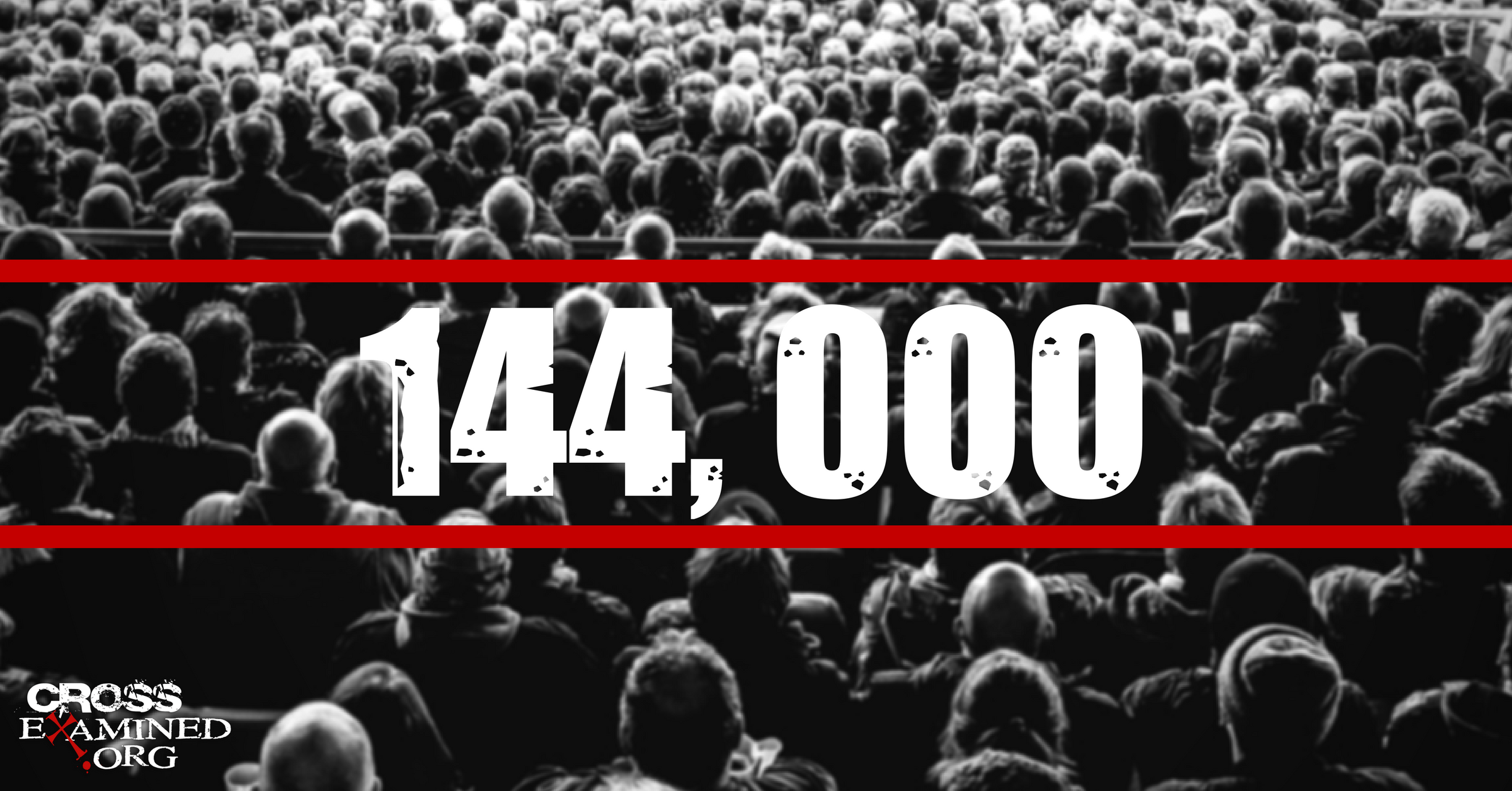

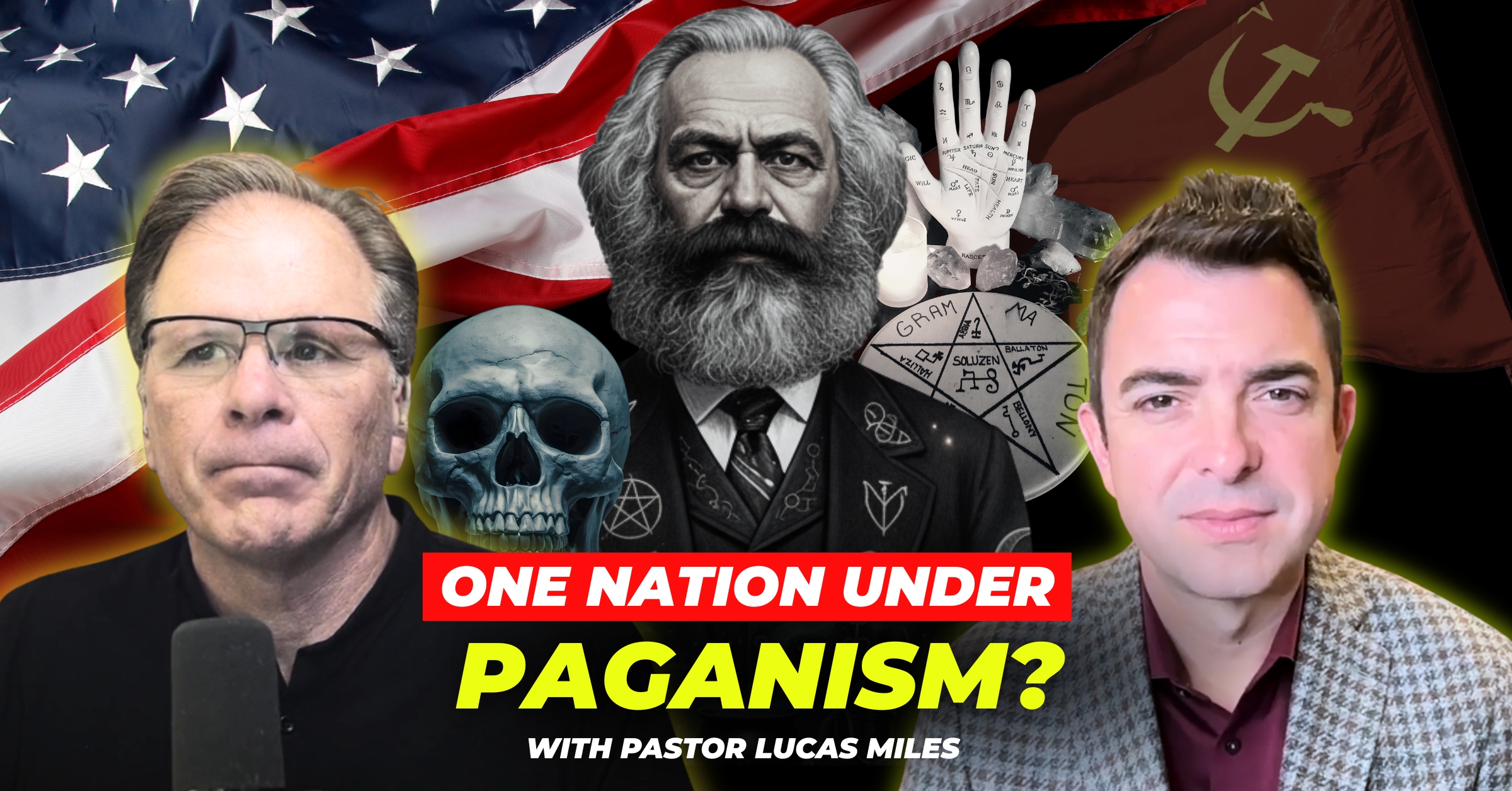
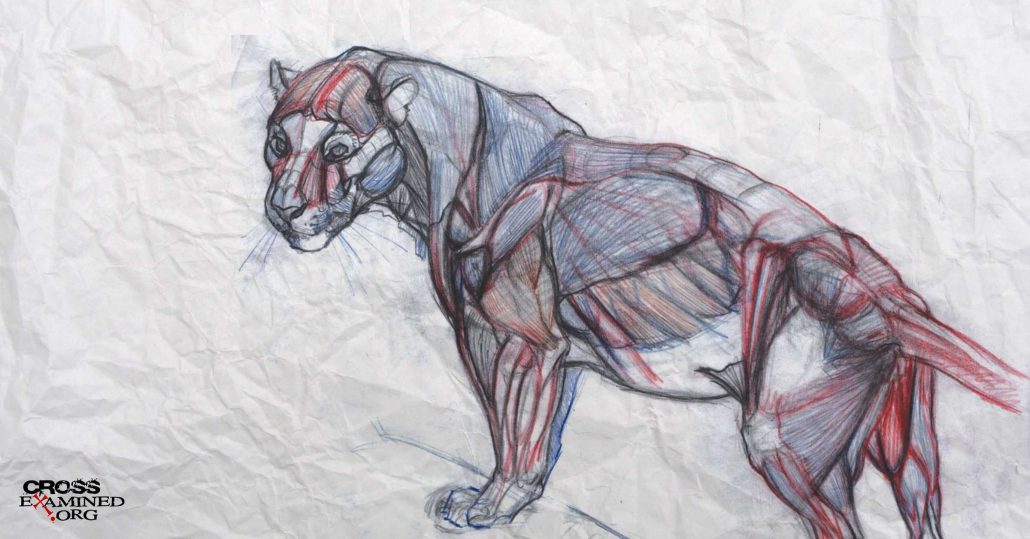
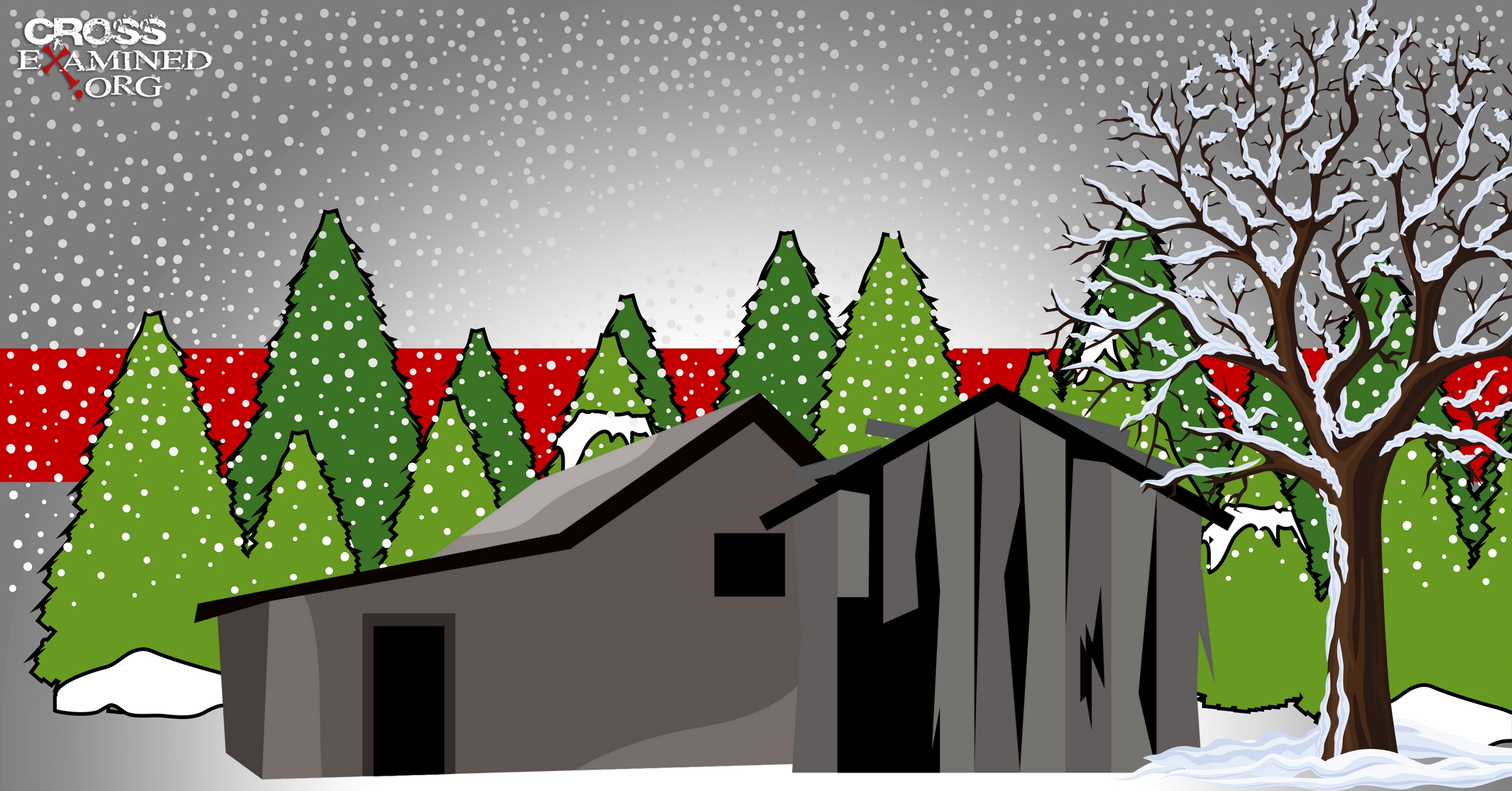




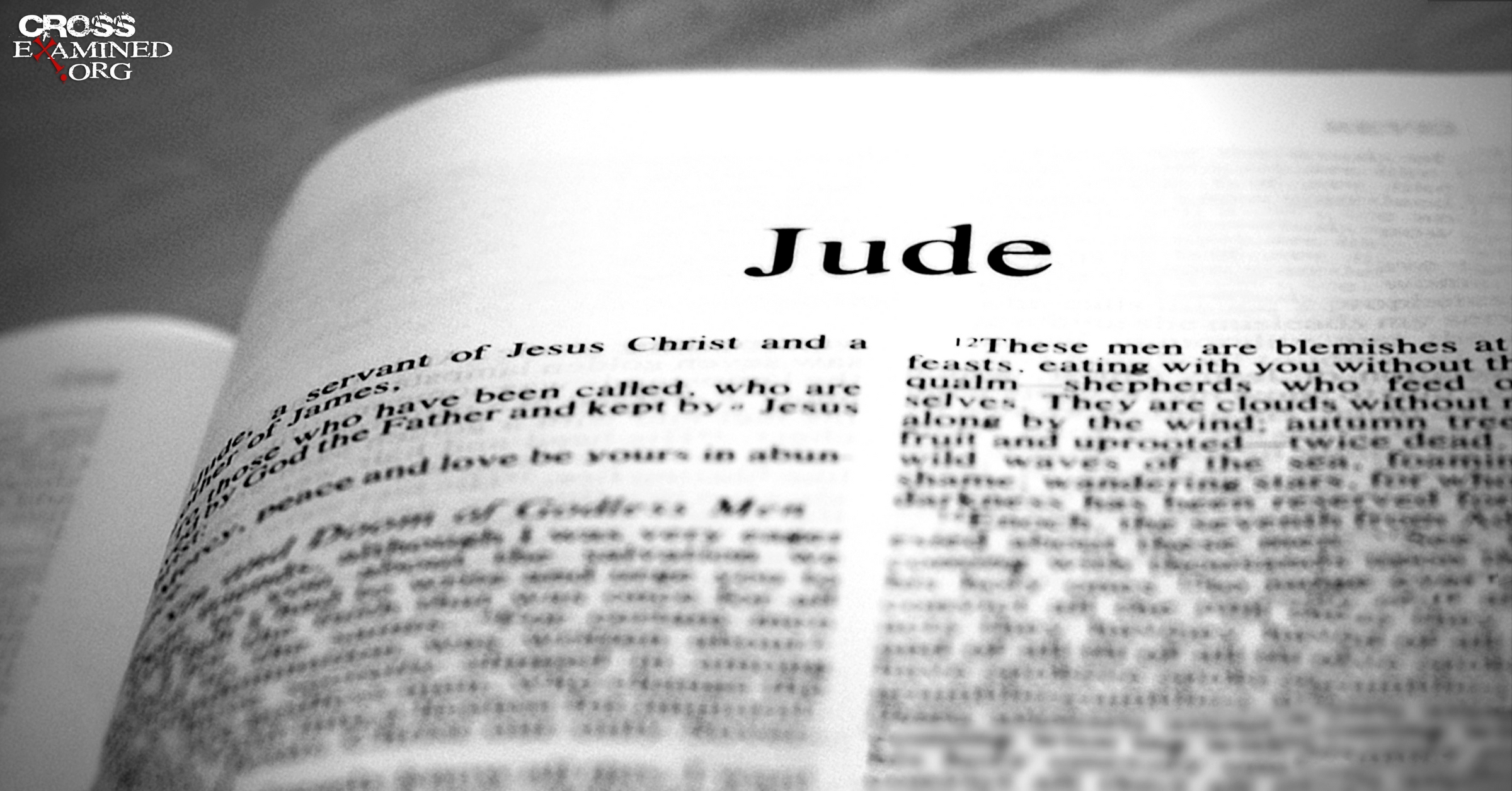

Leave a Reply
Want to join the discussion?Feel free to contribute!